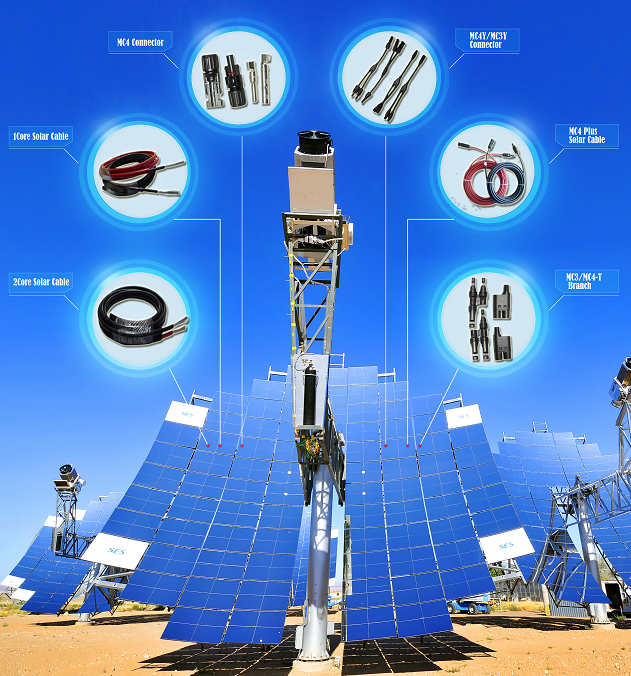According to the “2015-2016 China Photovoltaic Module Industry Development and Enterprise Status Survey White Paper” (hereinafter referred to as the “White Paper”) released by TÜV Rheinland, a well-known third-party quality inspection and certification service organization, 70% of buyers are most concerned about product performance and quality. . The “White Paper” was formed after TüV Rheinland conducted an information survey on module factories through point-to-point for two months, and obtained 69 valid questionnaires from PV module manufacturers in China.
According to the survey data of the “White Paper”, the output of photovoltaic modules in my country has reached 43GW (gigawatts) in 2015, which is more than double that in 2012. In 2012, the output of photovoltaic modules in my country accounted for more than half of the world’s photovoltaic module output. If the annual output is 20% Depending on the compound growth rate, it can reach 60GW by 2021. In 2015, the export value of photovoltaic modules was 14.7 billion US dollars. The biggest factor affecting the export of modules was the weakening of international market demand and the reduction of orders. Most of the companies interviewed believe that in 2016, the export scale and profit of photovoltaic modules will have the opportunity to grow at the same time. The potential of the photovoltaic module market is generally optimistic, and more than half of the interviewed companies believe that the market can grow at a constant to high speed. 57% of the companies surveyed expect to expand their module capacity in 2016.
Where are the main sales areas of PV modules produced in 2015? According to the data of the “White Paper”, 36% of the respondents believe that it is in China, because it covers many super-large component manufacturers. The next order is Japan, Europe, Asia Pacific, North America, Africa and Latin America. The ranking of the countries with the fastest sales growth is similar, the first is China, the second is other markets in the Asia-Pacific region, followed by Japan, Europe, North America, Africa and Latin America. In 2016, the most promising PV module exporting countries or regions are: China, Asia-Pacific region, Japan, North America, Europe, Africa and Latin America.
For the business that the company wants to expand most in the future, the most popular power station in the industry has become the first choice. According to the data of the “White Paper”, 86% of enterprises chose electronic and 32% chose distributed. In addition, product performance and quality are the focus of PV module buyers, and they are valued more than product prices. Most PV module companies said that buyers’ demand for testing and certification is increasing year by year. The European region has the largest demand for testing and certification, followed by China. Component buyers’ demand for product certification and test certificates, the top 4 are IEC&UL certificate, PID (potential induced decay), salt spray test, ammonia gas test. “
Through investigation and the “White Paper”, it is not difficult to find that power plants are the key business expansion of various component companies, including large-scale centralized photovoltaic power plants and distributed photovoltaic power plants; product performance and quality are the most concerned by buyers, and buyers The requirements for testing and certification continue to increase; when solar energy has become an important development direction of clean energy in various countries, module companies are faced with a wide variety of national regulations and standards; under the two major driving factors of double anti-tax and emerging market demand expansion , the situation of setting up factories overseas is becoming more and more common. Zou Chicheng, Vice President of Solar Energy and Fuel Cells at TÜV Rheinland, said that TÜV Rheinland’s point of view is that there are significant differences in the testing that needs to be carried out for different models of power plants; Building trust with multinational buyers is critical; accurately and effectively responding to national certifications will be a stepping stone for companies to open up new markets; overseas investment environments, land conditions and local regulations need to be carefully evaluated.
Post time: Dec-30-2022

